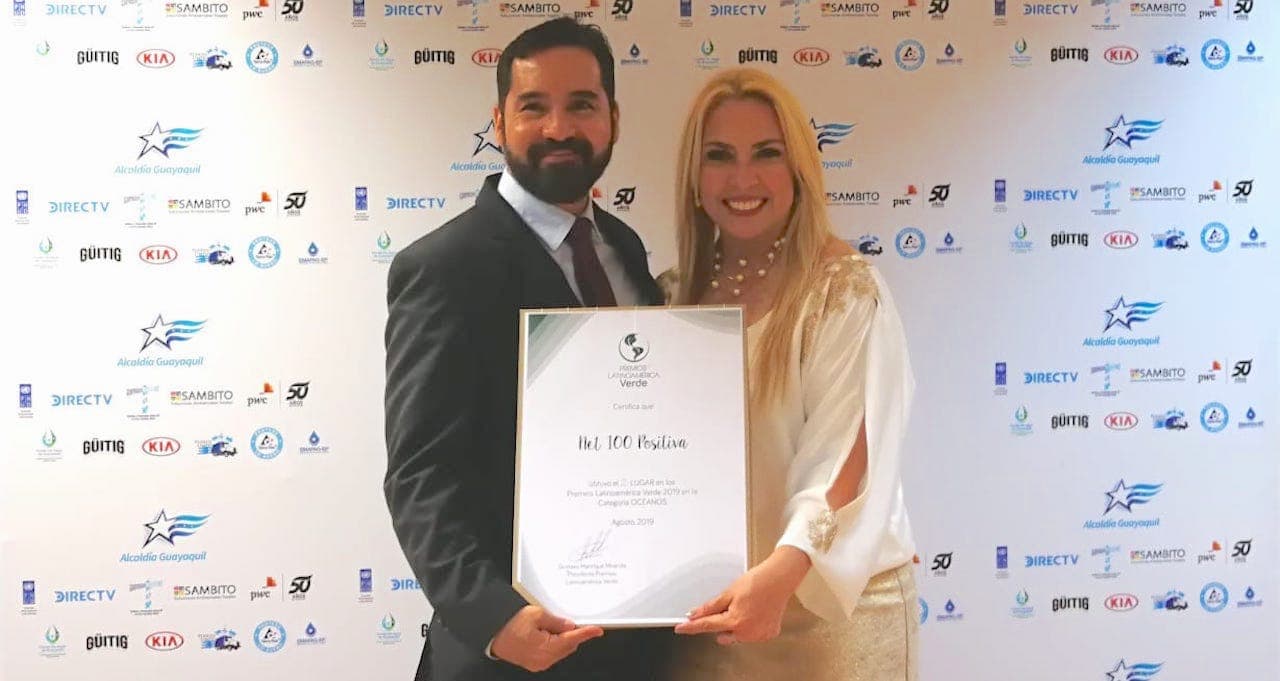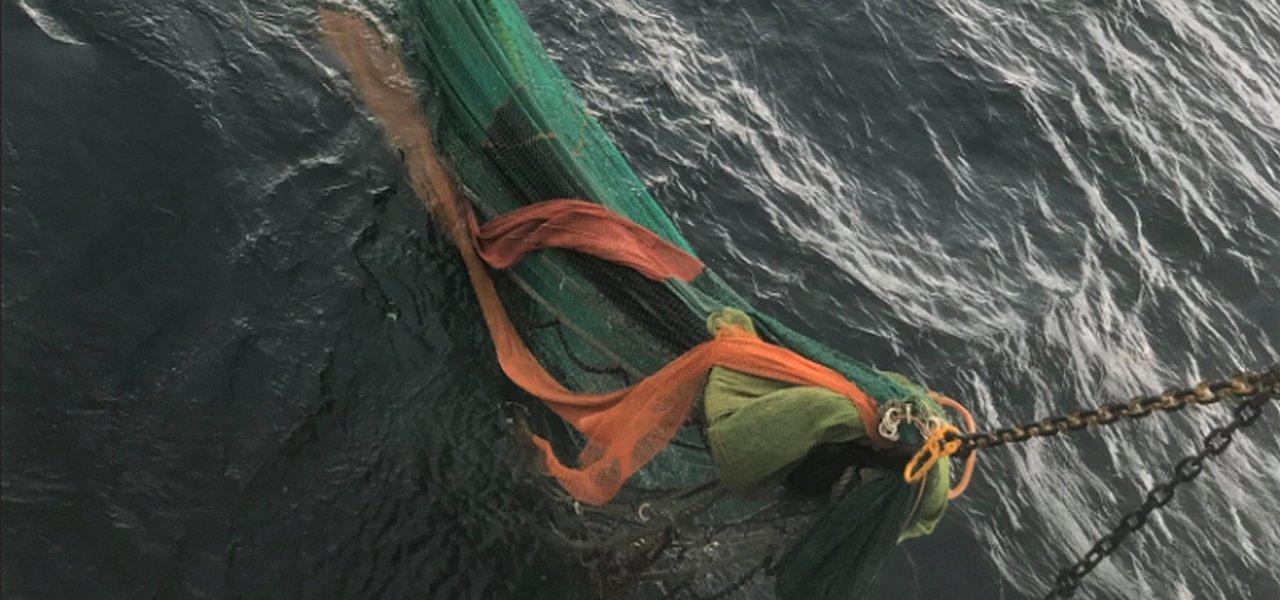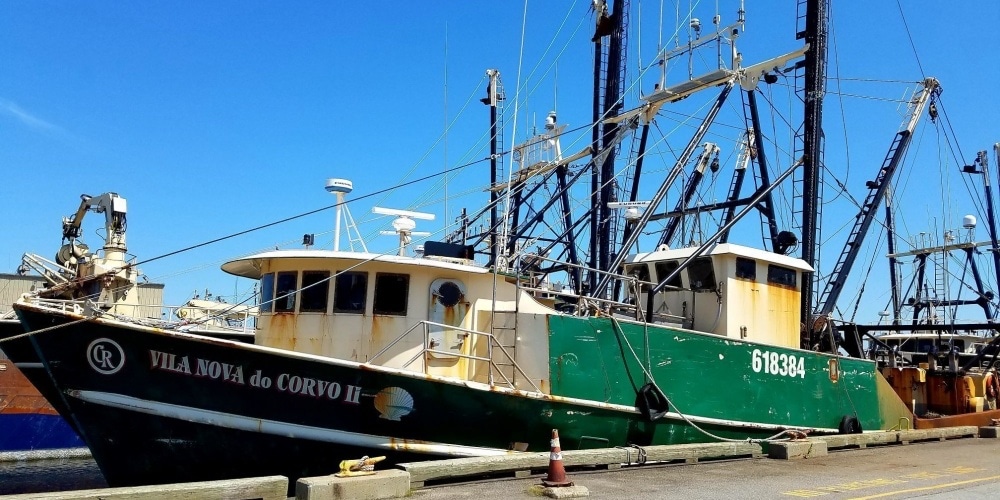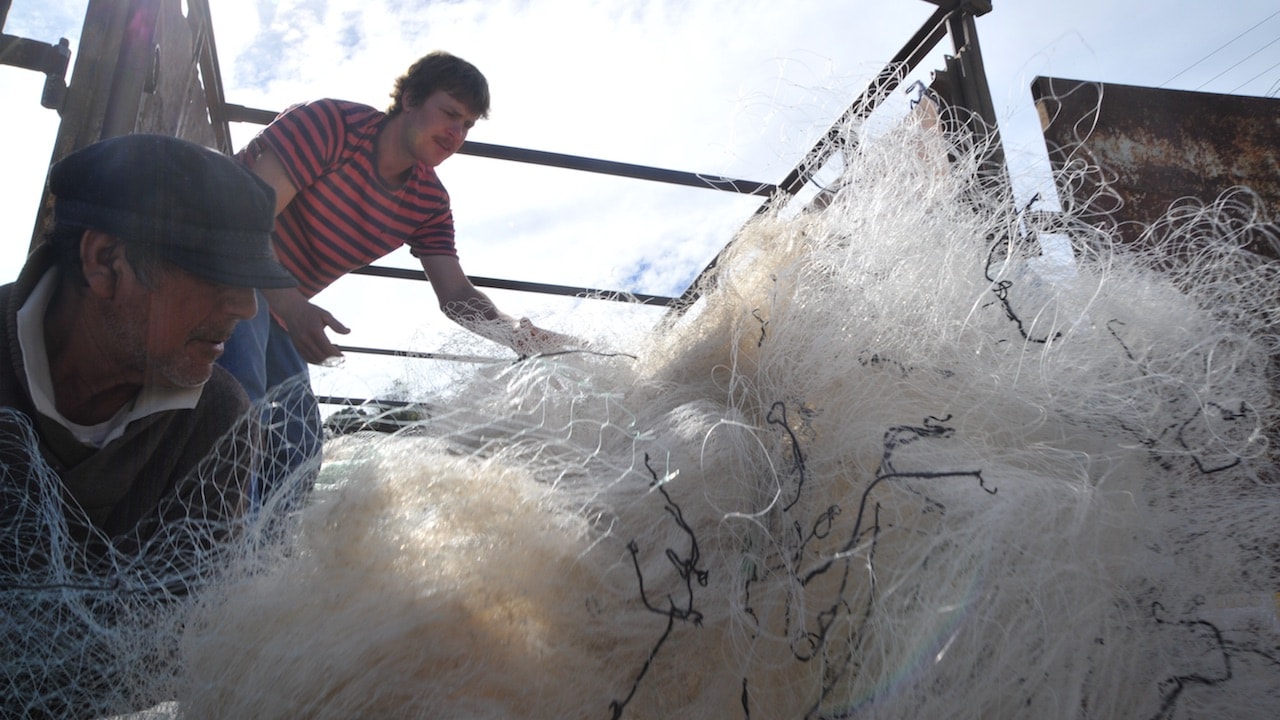
Gear recycling project nets Satlink Green Latin America award
A project to collect end-of-life fishing gear for recycling and reuse in the creation of new products has won the second-place prize of the Latin America Green Awards, which recognises…

A project to collect end-of-life fishing gear for recycling and reuse in the creation of new products has won the second-place prize of the Latin America Green Awards, which recognises…

A shrimp trawl worth NoK200,000 (€20,150) retrieved during the Norwegian Directorate of Fisheries’ latest clean-up cruise has been reunited with its owner, Brønnøysund fisherman Tor Inge Larsen. He trawls for…

The owners, managers and skipper of a New Bedford fishing vessel have been handed penalties totalling more than half a million US dollars for infringements of pollution legislation. The New…
While public consciousness of the extent of waste plastic in the oceans continues to grow, it’s something the fishing industry has been aware of for a long time. UNEP estimates…

Satellite telecommmunications specialist Satlink has contributed, with recycling company Bureo Inc, to the collection of a hundred tonnes of fishing nets along the coast of Chile, through the Net100-Net +…
Ireland’s Minister for Agriculture, Food & the Marine, Michael Creed, has announced Ireland’s Clean Oceans Initiative and called for the participation of the entire Irish trawl fishing fleet in the scheme by 31st December 2019. His ambition is to have all Irish trawlers at every pier and every port actively participating in Ireland’s first co-ordinated initiative on land and at sea to collect, reduce and reuse marine litter and clean up our marine environment.
One of the world’s biggest container ships lost 270 containers during heavy weather in the North Sea last week and the consequences are to be seen on Dutch beaches where a cleanup operation is in progress. In addition to the pollution problem, floating containers also present a significant hazard to navigation. Fishermen from the north of Holland have been playing a role in the aftermath of the container loss.
Focusing on plastics and marine debris, Thai Union Group has launched a video highlighting the growing problem of ocean plastic and marine debris, with a focus on Thailand, in an effort to raise awareness and trigger action to ensure the seas are sustainable for future generations.
Researchers from Norway and Russia have carried out surveys of the Barents Sea for many years, but a new report provides a summary of marine garbage identified 2010-2016, according to the Norwegian Institute of Marine Research (IMR).
EU-funded research is developing advanced modelling tools to help assess the full extent of the problem of plastic pollution in the oceans and how it is affecting the marine environment. These tools will help policymakers design targeted measures to address a big and growing issue.